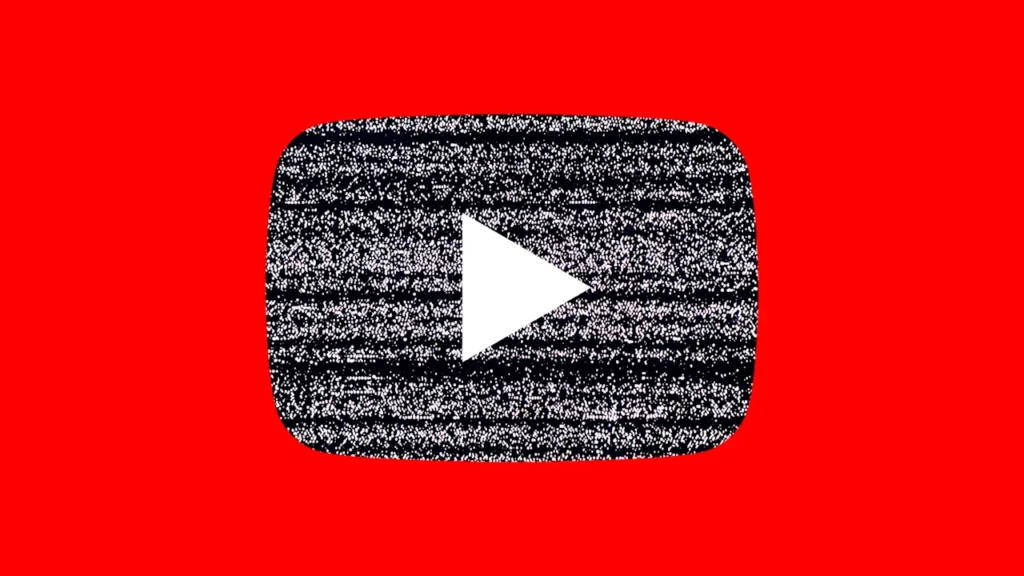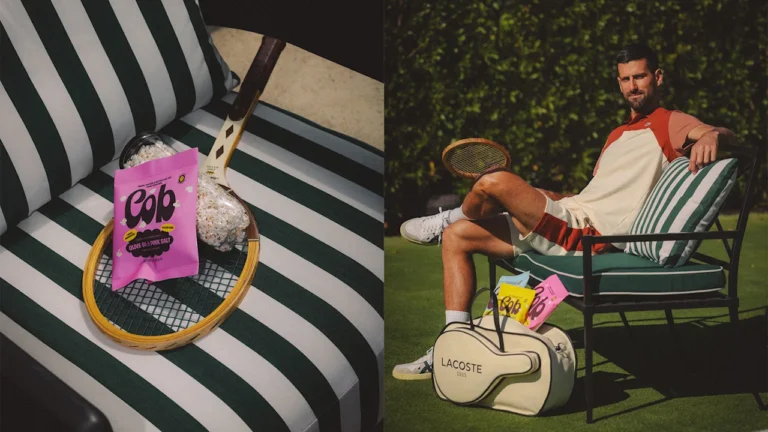
It’s certainly been a spooky week for the Walt Disney Company and Google. The two corporations are in the midst of a carriage dispute that has resulted in a blackout of Disney’s networks on Google-owned YouTube TV, leaving viewers unable to access popular channels including ESPN and ABC.
Disney began notifying viewers on October 23 about the dispute and warning that its networks could be removed from the pay-TV streaming platform.
All of that came to a head in the last 48 hours as the two parties failed to come to an agreement on a new deal, and YouTube TV began removing Disney’s networks about 30 minutes before the previous carriage deal expired at midnight eastern time.
One area of contention between the two seems to be around pricing, with Disney asking for rate hikes that Google isn’t agreeing to.
A number of YouTube TV subscribers complained on social media about having their access cut, with some noting how the situation is reminiscent of the contract battles that have long plagued cable television.
“I’ll never forget how liberating it was in 2018 to cut the cord & subscribe to YoutubeTV,” John Martin, a radio host on sports station 92.9FM ESPN, wrote on X, adding that “Nothing good ever lasts kids”
“I wish Cable just figured it out,” another wrote. “[This] should be the time they try to win others back but basically are like, hold my beer hah,” another user also wrote on X, while another said:
“I just switched and now I have to find ANOTHER streaming platform,” yet another user added.
Companies play the blame game
Reached for comment, Google directed Fast Company to a statement released by YouTube on Thursday.
“Last week Disney used the threat of a blackout on YouTube TV as a negotiating tactic to force deal terms that would raise prices on our customers,” the post on YouTube’s blog read. “They’re now following through on that threat, suspending their content on YouTube TV. This decision directly harms our subscribers while benefiting their own live TV products, including Hulu + Live TV and Fubo.”
The post continued to say that while the situation is a “frustrating and disappointing outcome” for YouTube TV subscribers, the company said it was urging Disney to work “constructively to reach a fair agreement that restores their networks to YouTube TV.”
If an agreement wasn’t reached and the content remained off YouTube TV, Google said it would offer subscribers a $20 credit.
Disney, meanwhile, is pointing the finger at Google, accusing the tech giant of “using its market dominance to eliminate the competition and undercut the industry-standard terms” that it says it has already negotiated with other distributors.
“Unfortunately, Google’s YouTube TV has chosen to deny their subscribers the content they value most by refusing to pay fair rates for our channels, including ESPN and ABC,” a Disney spokesperson said. “Without a new agreement in place, their subscribers will not have access to our programming, which includes the best lineup in live sports – anchored by the NFL, NBA, and college football, with 13 of the top 25 college teams playing this weekend.”
On Friday, a memo was shared with Disney Entertainment and ESPN employees from Disney Entertainment co-chairs Dana Walden and Alan Berg and ESPN chairman Jimmy Pitaro, regarding YouTube TV. The memo, obtained by Fast Company, reiterated a similar sentiment as the statement.
The three executives wrote that Google’s actions “make clear how little regard they have for their customers and are consistent with an attitude which has been prevalent throughout our negotiations — YouTube TV and its owner, Google, are not interested in achieving a fair deal with us.”
“The bottom line is that our channels are extremely valuable, and we can only continue to program them with the sports and entertainment viewers love most if we stand our ground against tactics that threaten the integrity of our business and the value of our creative work,” the note concluded.
Which channels are being blacked out?
The networks impacted and being removed from YouTube TV include ABC, ESPN, ESPN2, ESPNU, ESPNews, Freeform, FX, FXX, FXM, Disney Channel, Disney Junior, Disney XD, SEC Network, Nat Geo, Nat Geo Wild, ABC News Live, ACC Network, and Localish, as well as ESPN Deportes, Baby TV Español and Nat Geo Mundo for those with the Spanish plan.
This isn’t the first time that corporations have butted heads over the distribution of television content, nor is it the first time that YouTube TV has gotten into disputes with other entertainment giants.
Paramount Global (now Paramount Skydance), Fox Corporation, and NBCUniversal all recently battled with the streaming service, though the latter three were able to eventually reach a deal to avert a blackout.
YouTube TV also previously dropped Univision and other TelevisaUnivision-owned networks in September after the two parties could not come to an agreement.
Meanwhile, Disney and Charter Communications had a public dispute over a renewal in 2023 though the two parties were able to resolve the problem to avert a blackout.
The impact on subscribers
Experts in the industry said those who suffer most from these ongoing carriage renewal disputes are the customers.
Brandon Katz, director of insights and content strategy at Greenlight Analytics, said that while carriage disputes have always been present in the linear pay-TV era, the fragmentation of current at-home entertainment makes the lapses much more noticeable, especially when dealing with sports broadcast rights that are strewn across the small-screen ecosystem.
“When consumers are juggling multiple subscriptions, often directed by access to specific content such as sports channels, their removal causes added friction,” Katz told Fast Company. “That friction often leads to a temporary spike in cancellations and, in this instance, perhaps a short-term bump in ESPN Unlimited and/or Disney Bundle sign-ups. Convenience, cost and access rule consumer decision-making in the convoluted streaming era.”
YouTube TV is estimated to be the fourth-largest multichannel video programming distributor (MVPD) in the United States, rivaling traditional cable providers with around 10 million subscribers.
That means it wields enormous leverage, although Katz did point out that blackouts caused from disputes like this typically don’t last too long.
“Even when these disputes result in a blackout, they don’t usually extend past a couple weeks,” Katz said. “I fully expect YouTube TV and Disney to reach a deal in the near future. However, the increasing frequency of these disputes and the over-extended nature of sports rights these days makes it particularly frustrating for consumers, who ultimately vote with their wallets.”
